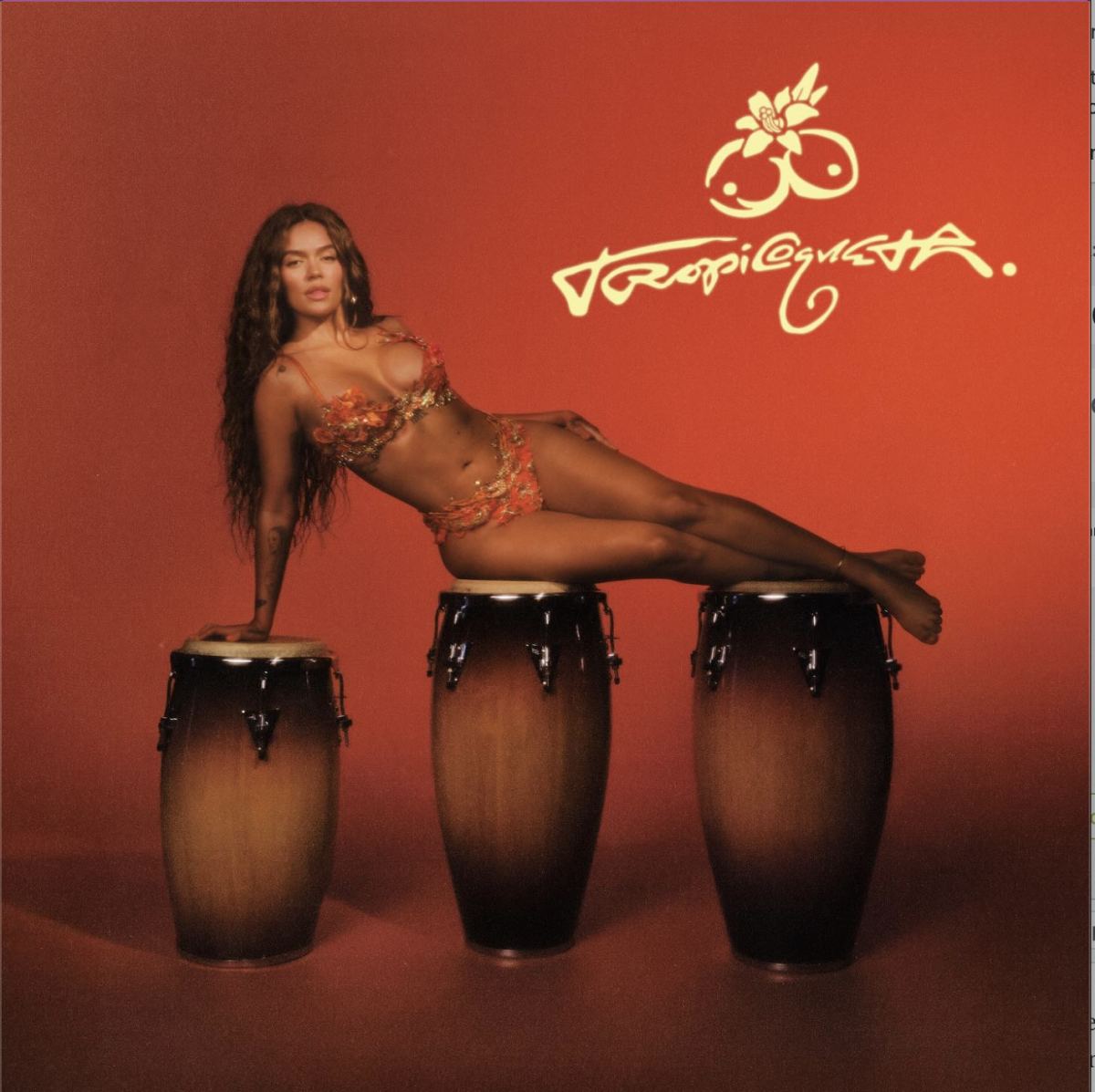Last week, California Governor Gavin Newsom signed Senate Bill (SB) 206, which will allow collegiate athletes in California to profit off of their name and likeness beginning in 2023.
With this bill, California collegiate athletes will be allowed to participate in some actions currently prohibited by the governing body of collegiate athletics, the National Collegiate Athletic Association (NCAA). This includes signing endorsement deals and appearing in advertisements.
The bill was unanimously passed by the California State Assembly 72-0, but the NCAA is not so supportive of it. They view profiting off of one’s name or likeness as a bannable offense for student athletes, and are prepared to do what it takes to stop SB 206 from going into effect.
In a recent statement, the NCAA wrote that the bill “would result in (schools) being unable to compete in NCAA competitions.”
The NCAA is within their rights to enact different bans on the universities of states that enact this kind of legislature, but it may not ever get to that point according to political science professor Kathy Balin.
“It is very possible [SB] 206 may violate what is referred to as The Dormant Commerce Clause,” Balin said. “This prohibits states from enacting legislation that interferes with interstate commerce and/or discriminates against other states.”
Balin predicted the NCAA’s most probable course of action in trying to stop the bill from being enacted.
“The NCAA will likely argue that the bill does exactly this [violates The Dormant Commerce Clause],” Balin said. “Interstate commercial activities negatively impacted may include activities and articles of commerce such as interstate game broadcasting, sales and shipping of collegiate apparel across state lines, and interstate travel of collegiate players and coaches.”
While they are yet to act on the bill, in a recent statement, the NCAA stated that they feel states must halt their attempts to create legislature of this kind, due to the confusion and competitive imbalance that such laws could create.
“This new law is already creating confusion,” the statement claimed. “It is clear that a patchwork of different laws from different states will make unattainable the goal of providing a fair and level playing field.”
While the statement offered no solution to the issue, it did go on to state that the NCAA’s “members [will] move forward with ongoing efforts to make adjustments to NCAA name, image and likeness rules that are both realistic in modern society tied to higher education.”
There are many who believe that collegiate athletes should already have the ability to profit off of their own name and likeness, including sophomore health and exercise major Matt Green.
“If they do their own thing, I don’t see why it would be a problem,” said Green. “It’s just [marketing] their name.”
The NCAA is an organization that rakes in over $1 billion a year, and some feel that a reason they are so opposed to SB 206 is because there is no opportunity for them to profit off of it.
“The NCAA doesn’t get part of that [endorsement] money, so they don’t want athletes to make it for themselves,” said finance major Alex Arauz.
A major argument in support of SB 206 is that student athletes make money for their schools. College sports as a whole generate nearly $12 billion yearly. Obviously some schools generate more than others, but regardless of the numbers, money is being generated for universities.
Some feel that it is only fair that student athletes have the opportunity to profit off of their name and image, because “they provide a lot of money for their schools,” said Arauz.
Regardless of how the NCAA reacts to SB 206, the organization will certainly be subject to immense change due to the groundbreaking nature of the bill.
For comments/questions about this story, email [email protected] or tweet @TheWhitOnline

























































































































































!["Working with [Dr. Lynch] is always a learning experience for me. She is a treasure,” said Thomas. - Staff Writer / Kacie Scibilia](https://thewhitonline.com/wp-content/uploads/2025/04/choir-1-1200x694.jpg)










































